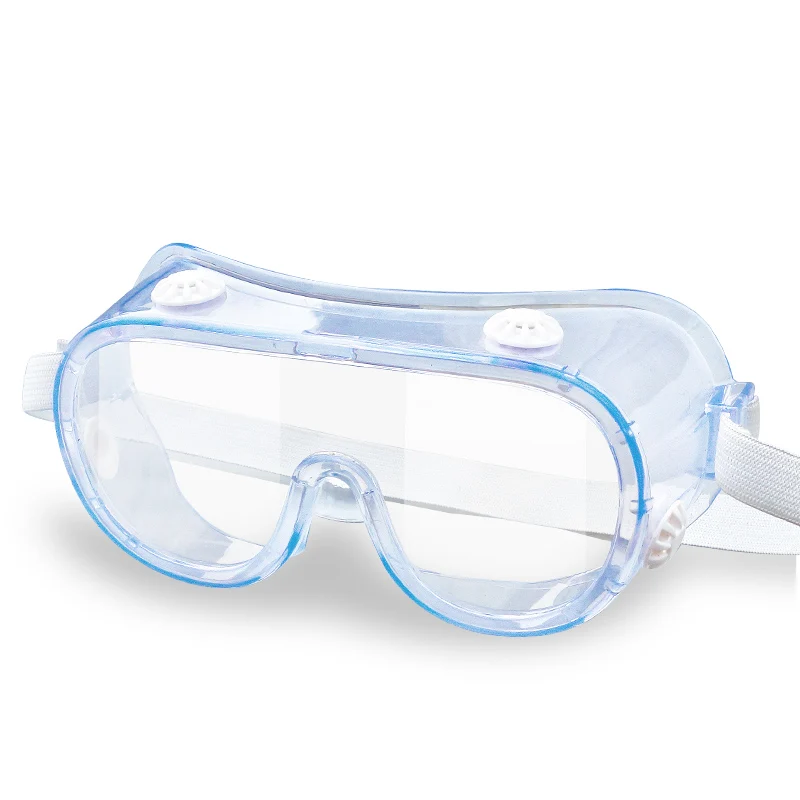Medical plastic injection mold and molding is a transformative process in the healthcare industry, offering unparalleled precision, efficiency, and cost-effectiveness in the production of medical devices and components. This article delves into the intricacies of medical plastic injection mold and molding, highlighting its benefits, applications, and the materials used in this essential manufacturing technique.
The Process of Medical Plastic Injection Mold and Molding
Medical plastic injection mold and molding involves several critical steps to ensure the production of high-quality medical components. The process begins with the creation of a mold that matches the exact geometries and measurements of the medical device to be produced. Medical-grade plastic resins are then fed into a heated barrel, melted, and injected into the mold. Once the plastic cools and hardens, the part is removed from the mold, ready for use or further processing.
Benefits of Medical Plastic Injection Mold and Molding
Medical plastic injection mold and molding offers numerous advantages, making it the preferred method for manufacturing medical devices:
Design Flexibility: This process allows for the creation of complex and intricate designs, accommodating unique specifications required in medical applications.
Precision and Consistency: Injection molding ensures high precision and repeatability, crucial for medical devices where even minor deviations can lead to failures.
Material Versatility: A wide range of medical-grade plastics can be used, each offering specific properties such as heat resistance, durability, and biocompatibility.
Cost-Effectiveness: The process is highly efficient, especially for high-volume production, reducing the cost per part significantly.
Regulatory Compliance: Medical plastic injection molding meets stringent regulatory standards, including FDA and ISO certifications, ensuring the safety and effectiveness of medical devices.
Common Applications of Medical Plastic Injection Mold and Molding
Medical plastic injection mold and molding is utilized in a variety of applications within the healthcare industry:
Surgical Instruments: Tools such as scalpels, forceps, and retractors are often produced using injection molding due to the need for precision and durability.
Diagnostic Equipment: Components for lab equipment, such as test tubes, Petri dishes, and diagnostic cartridges, are commonly injection molded.
Implants and Prosthetics: Customizable and patient-specific solutions like knee and hip replacements, as well as dental implants, are manufactured using this process.
Drug Delivery Devices: Syringes, insulin pens, and other drug delivery systems benefit from the precision and consistency of injection molding.
Medical Device Housings: Enclosures for electronic medical devices, such as monitors and imaging equipment, are often made using injection molding due to their ability to produce durable and lightweight parts.
Materials Used in Medical Plastic Injection Mold and Molding
The selection of materials is critical in medical plastic injection mold and molding. Commonly used materials include:
Polypropylene (PP): Known for its heat resistance and durability, making it ideal for sterilizable components.
Polycarbonate (PC): Offers high impact resistance and clarity, suitable for medical device housings and lenses.
Polyetheretherketone (PEEK): Highly resistant to chemicals and heat, often used in implants and other high-performance applications.
Silicone: Flexible and biocompatible, used for components that require a soft touch, such as catheters and seals.
Conclusion
Medical plastic injection mold and molding is a cornerstone of modern medical device manufacturing, providing the healthcare industry with reliable, high-quality, and cost-effective solutions. Its ability to produce complex, precise, and durable components makes it indispensable in the production of a wide range of medical devices. By leveraging the benefits of medical plastic injection mold and molding, manufacturers can meet the growing demands of the healthcare sector while ensuring patient safety and regulatory compliance.
For more information on how medical plastic injection mold and molding can benefit your medical device production, contact a trusted injection molding partner today - Runke Mold.

.jpg)

.jpg)